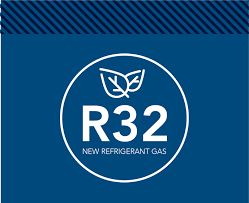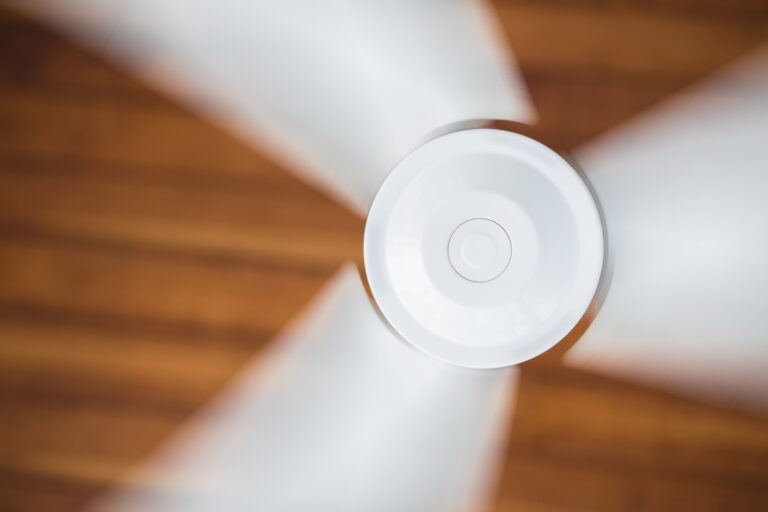Living in Singapore means dealing with a hot and humid climate year-round, making air conditioning an essential part of daily life. While your aircon keeps you cool and comfortable, you may have noticed water dripping or pooling around the unit. This is caused by condensation, a natural process that occurs as part of air conditioning. However, excessive or improper condensation can lead to issues like water leaks, mould growth, and reduced efficiency.
In this guide, we’ll explore what aircon condensation is, why it happens, common problems, and how to manage it effectively in Singapore’s humid environment.
What Is Aircon Condensation?
Condensation occurs when warm, humid air comes into contact with a cold surface—in this case, your aircon’s evaporator coil. As the air cools, the moisture in it condenses into water droplets. This water is collected in a drip pan and drained away through the aircon’s drainage system.
While condensation is a normal part of aircon operation, excessive moisture or drainage problems can lead to issues that require attention.
Why Does Aircon Condensation Occur?
In Singapore’s climate, air conditioning systems have to work hard to cool indoor spaces and manage high humidity levels. Several factors contribute to condensation:
High Humidity: The more moisture in the air, the more condensation your aircon will produce.
Cooling Load: Larger or busier spaces often require more cooling, resulting in increased condensation.
Dirty Air Filters: When filters are clogged, airflow is restricted, causing the evaporator coil to freeze and create excessive condensation when it melts.
Blocked Drainage: A clogged or damaged drain line can cause water to back up and leak from the unit.
Common Problems Caused by Aircon Condensation
Water Leaks: If the condensation doesn’t drain properly, it can leak into your home, causing water damage to walls, ceilings, or floors.
Mold and Mildew Growth: Excess moisture provides an ideal environment for mold and mildew, which can affect indoor air quality and trigger allergies.
Rust and Corrosion: Prolonged exposure to water can cause parts of the aircon system to rust, reducing its lifespan.
Reduced Efficiency: Improper condensation management can strain your aircon system, leading to higher energy consumption and reduced cooling performance.
How to Manage Aircon Condensation in Singapore
1. Keep Your Air Filters Clean
Dirty air filters restrict airflow, causing the evaporator coil to freeze and creating excess condensation.
- Action Step: Clean or replace your air filters every 1-2 months, depending on usage. In Singapore’s humid environment, more frequent cleaning may be necessary.
2. Check the Drainage System
A blocked or damaged drain pipe can cause water to back up and leak from the unit.
- Action Step: Inspect the drain line regularly and clear any blockages. If you notice water pooling around your aircon, contact a professional to address the issue.
3. Schedule Regular Maintenance
Preventive maintenance helps ensure that your aircon system is functioning efficiently and that condensation is managed properly.
- Action Step: Engage a professional servicing company like Infinity Air to clean your system, inspect the drainage, and check for potential issues. Regular servicing can prevent costly repairs down the line.
4. Use a Dehumidifier
In high-humidity environments like Singapore, a dehumidifier can reduce the amount of moisture in the air, easing the burden on your aircon.
- Action Step: Consider using a standalone dehumidifier or investing in an aircon system with built-in dehumidification features.
5. Seal Your Home Properly
Air leaks can allow warm, humid air to enter your home, increasing condensation.
- Action Step: Ensure windows, doors, and other openings are sealed properly to keep humidity levels in check.
6. Monitor Cooling Settings
Extremely low temperature settings can cause the evaporator coil to freeze, leading to excess condensation.
- Action Step: Avoid setting your aircon to the lowest possible temperature. Opt for a comfortable setting between 23–25°C, which is energy-efficient and reduces strain on the system.
When to Call a Professional
If you notice persistent issues with aircon condensation, it’s best to seek help from a professional servicing company. Common signs that warrant expert attention include:
- Water leaking from the unit despite cleaning or maintenance efforts.
- Strange noises, such as gurgling or dripping sounds, coming from the aircon.
- Reduced cooling efficiency or frequent on-and-off cycling.
- Mold growth or foul odors emanating from the aircon.
Infinity Air, with over 20 years of experience in aircon servicing in Singapore, specializes in diagnosing and resolving condensation-related issues. From cleaning and unclogging drain pipes to addressing underlying problems, our team ensures your aircon operates efficiently in any weather.
Preventive Maintenance with Infinity Air
Regular aircon servicing is the key to managing condensation effectively. At Infinity Air, we offer comprehensive maintenance packages that include:
- Cleaning air filters and evaporator coils.
- Inspecting and unclogging drainage systems.
- Checking refrigerant levels and system performance.
With over 15,000 successful servicing jobs completed, we are the trusted choice for aircon care in Singapore.
Conclusion
Aircon condensation is a normal part of cooling, but improper management can lead to water leaks, mold growth, and other issues. By understanding the causes and following preventive measures, you can keep your aircon system running efficiently, even in Singapore’s humid climate.
For professional servicing and advice on aircon condensation, contact Infinity Air via Whatsapp 9383 6574 today. With decades of experience and a commitment to quality, we’ll ensure your aircon remains in top condition all year round. Stay cool and worry-free, rain or shine!


